Physical Address
304 North Cardinal St.
Dorchester Center, MA 02124
Physical Address
304 North Cardinal St.
Dorchester Center, MA 02124

Let the cat's world be filled with love

Let the cat's world be filled with love

Indoor cats are typically considered “seniors” by age 8–10, but subtle signs of aging—like tooth wear—can start as early as 4–5 years old. Just like humans, preventive care is key to extending your cat’s lifespan and quality of life.
Here are 7 simple, vet-approved habits to help your feline friend stay healthy for years to come.
Why it matters:
Pro tip:
Short-haired cats benefit from weekly brushing, while long-haired breeds need it daily to prevent mats.
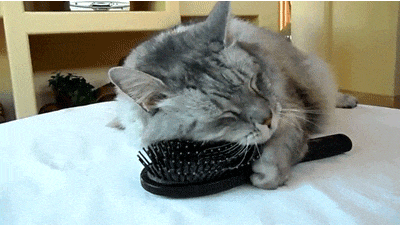
The scary truth:
A University of Hartpury study found that unwashed bowls grow dangerous bacteria (like MRSA and Salmonella) in just 3 days. Dirty water also develops a biofilm that makes it taste bad—discouraging cats from drinking.
Do this instead:
Bonus: Proper hydration slashes the risk of kidney disease and UTIs—two top killers of older cats.
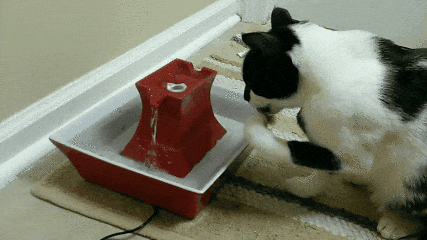
The golden rules:
Why? A clean box:
✔ Prevents “accidents” (which could signal UTIs or diabetes)
✔ Lets you monitor pee/poop for health changes
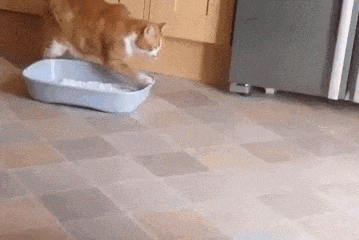
Beyond saving your couch: Scratching keeps claws healthy, stretches muscles, and prevents ingrown nails (a painful risk for older/obese cats).
Try these:
Indoor cats need exercise to:
✅ Maintain muscle/joint health
✅ Prevent obesity (linked to diabetes, arthritis)
✅ Reduce stress (boredom = overgrooming/anxiety)
Quick games:
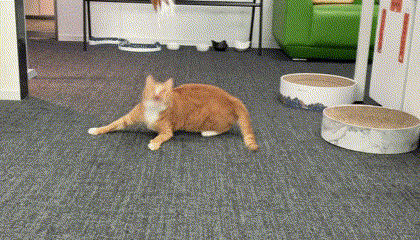
Shocking fact: 70% of cats show signs of dental disease by age 3. Untreated plaque leads to:
Start slow:
Goal: Brush 2–3x weekly (even 10 seconds helps!).
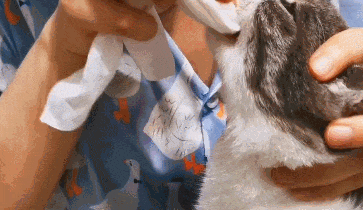
Why? Stress-free vet visits = more frequent checkups = early disease detection.
Desensitization steps:
For senior cats: Biannual vet checks are critical to catch age-related issues.
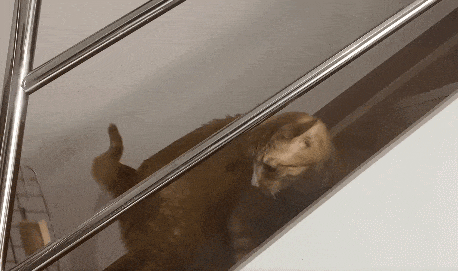
Small changes add up! Whether your cat is 2 or 12, these habits boost longevity and prevent costly health crises. Start today—your feline friend will thank you!